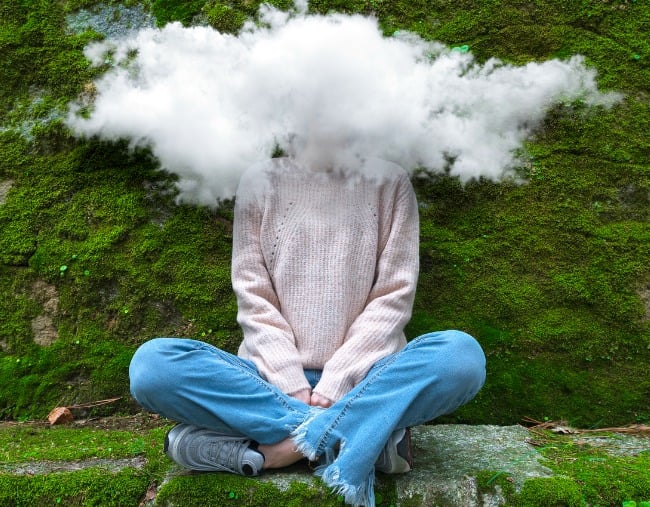
My cousin swears she dreams about Harry Styles when she eats cheese too close to bedtime.
Another friend says he has vivid psychedelic nightmares and ‘food sweats’ when he eats spicy food for dinner.
That sounds crazy and made up, right?
Well, according to food experts, maybe not.
We spoke to a nutritionist and dietician to find out if our dreams can actually be influenced by what we eat right before bedtime, and what they had to say was very interesting.
Author of Pure Health & Happiness and nutritionist Jennifer May from Sydney City Nutritionist said there are a variety of food-related factors which can lead to nightmares.
“One of the greatest is copper excess or zinc deficiency,” May said.
“When your levels of the mineral copper are higher than the mineral zinc, this often leads to elevated night time levels of the stress hormone cortisol…People with diets low in vegetables, nuts and seeds (all zinc rich foods) tend to have a zinc deficiency, which could explain why they have nightmares.”
She went on to say that cheese is known for stimulating ‘strange and lucid or disturbing dreams’ but nobody really knows why.
“There is little research to support or explain this theory,” she explained.
“Though some people may be sensitive to the amino acid Tyramine which cheese is a rich source of. Those who are sensitive to Tyramine may find that they experience headaches after cheese, wine and chocolate. If this is so, definitely avoid these prior to bed as it could induce nightmares.”
